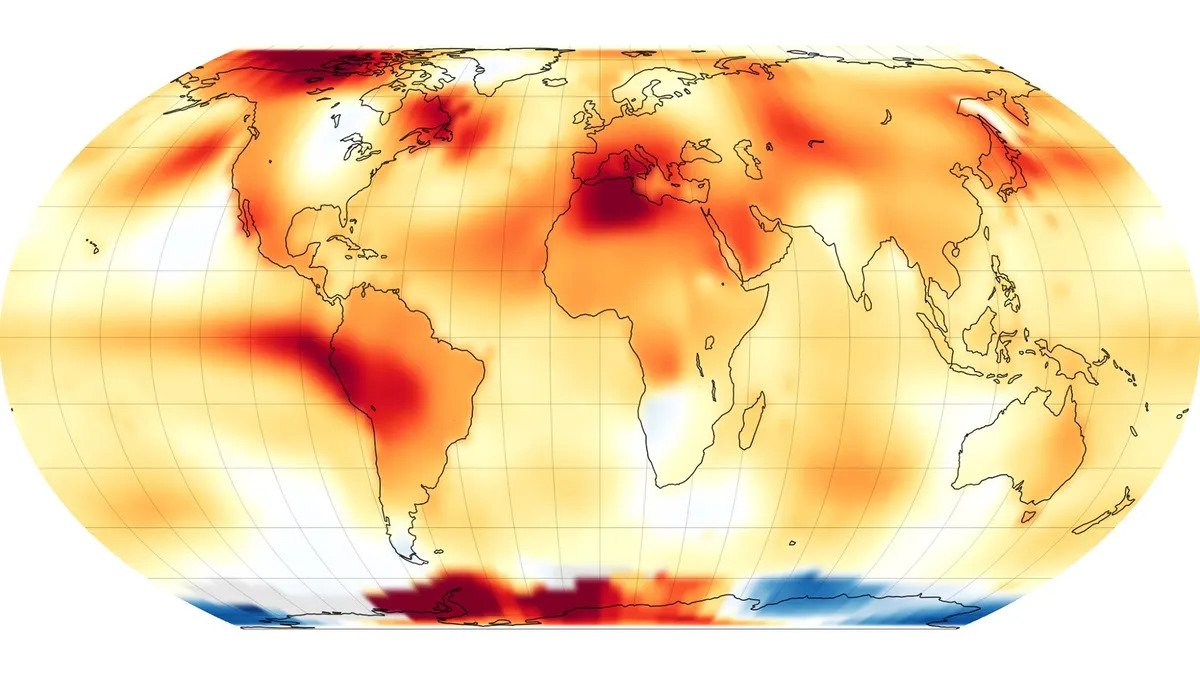The summer of 2023 turned out to be the hottest in the entire time of weather observations. The World Meteorological Organization and satellite data confirm this. At the same time, record temperatures were observed not only on all continents, but also in the world ocean.

Record-hot summer
On September 6, the World Meteorological Organization officially announced that June, July and August 2023 were the hottest months in the history of the Earth. This conclusion was made by scientists based on data from instruments that monitored the weather, in particular from orbit, and comparing them with records over the past century.
At the same time, many people on our planet do not need accurate data to make sure of this. In July, national temperature records were set in the USA, Mexico, Spain and China. The number of deaths from the heat in Mexico exceeded 200.
And August in general turned out to be the hottest month in the entire history of observations. The combined surface temperature of land and ocean this month was 2.7 F (1.5 C) higher than the average in 1850-1900.
Changes in the ocean
Most of all, scientists are concerned that record temperatures are demonstrated not only by the air above the land but also by the water in the world’s oceans. Not three, but all five of the last months since April have turned out to be record-breaking. And in August, the average sea temperature across the planet reached a record 20.98 degrees above zero.
The temperature of the ocean is important because it is a natural regulator of the climate on our planet. If its waters have begun to rapidly warm up, then nothing will stop the catastrophic changes and they will affect a lot of ecosystems.
“Scientists have long warned what our fossil fuel addiction will unleash,” Guterres said. “Surging temperatures demand a surge in action. Leaders must turn up the heat now for climate solutions. We can still avoid the worst of climate chaos – and we don’t have a moment to lose.”
The main factor that now leads to the heating of water in the ocean is El Niño. This is the name of a weather phenomenon in which a wideband of warm water is observed in the Pacific Ocean. According to the World Meteorological Organization, there is a 90 percent chance that the heating of water in the world’s oceans will last until the end of 2023.
According to www.space.com
Follow us on Twitter to get the most interesting space news in time
https://twitter.com/ust_magazine

